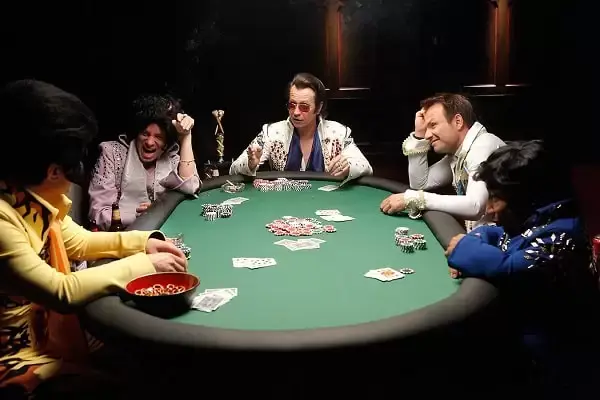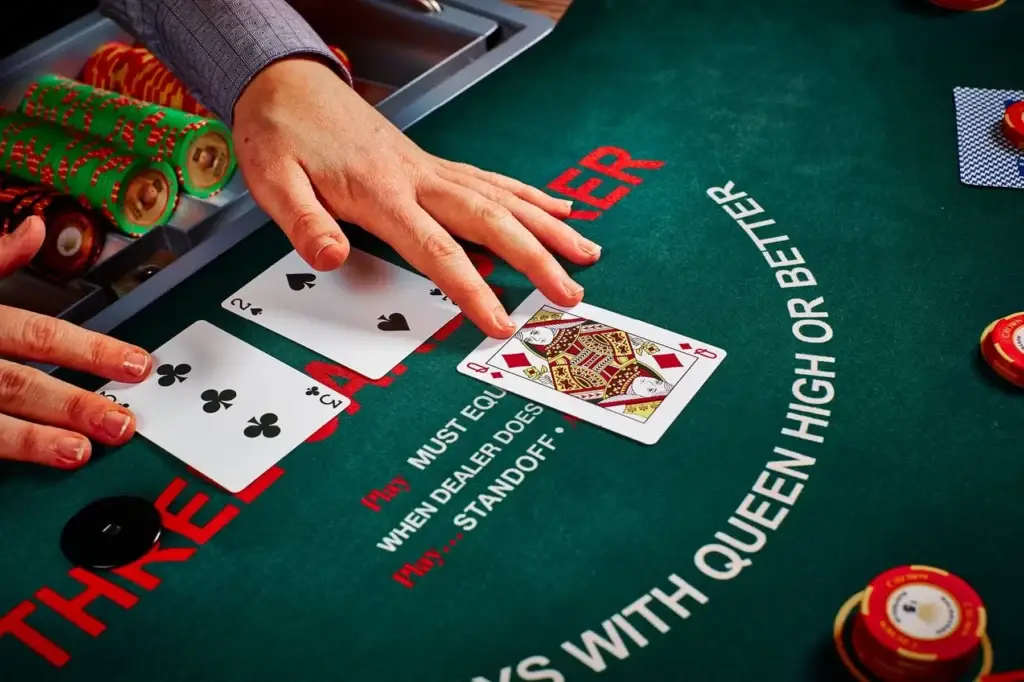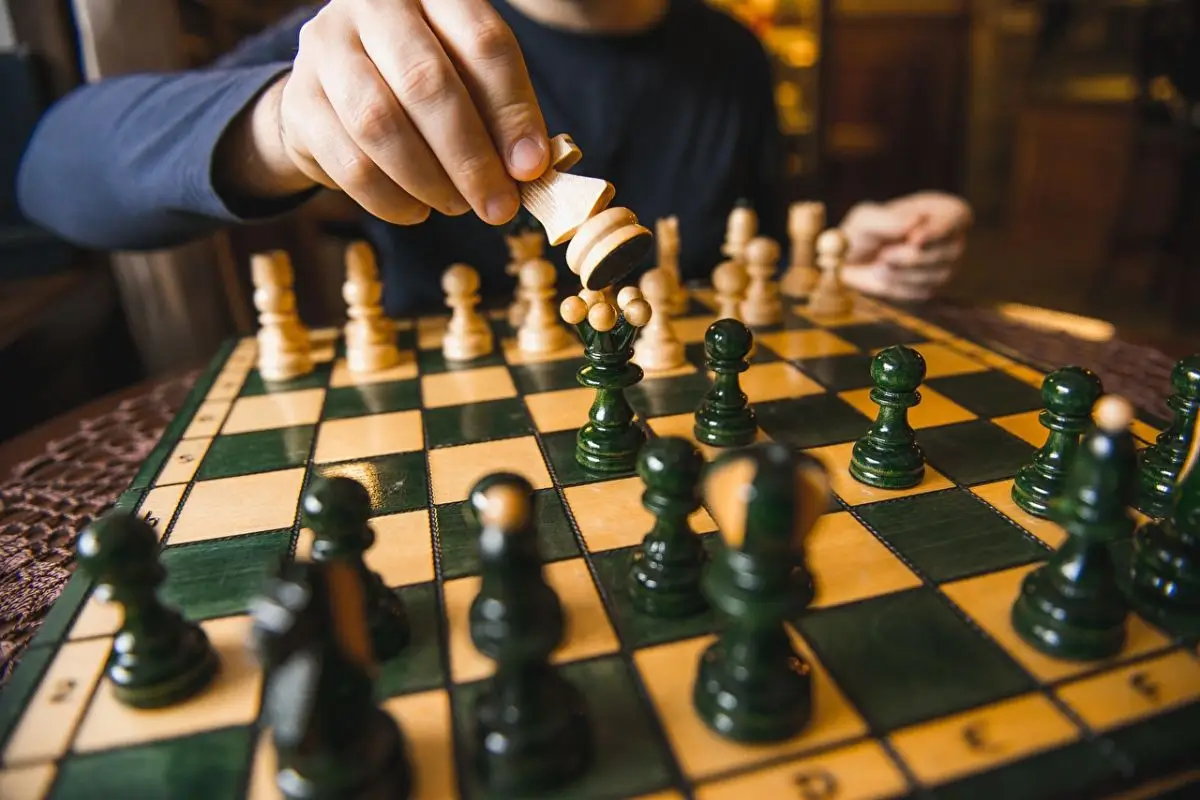In an intellectual marathon, every move can be decisive, and every bet can be a powerful weapon in the struggle for victory. Imagine an arena filled not with spectators but with razor-sharp minds, where poker combinations and iron nerves replace gladiator swords. This is where those who are ready to play to the limit, who see not only excitement, but also deep strategy, sporting tension and real challenges meet. Poker tournaments offer challenges for everyone from amateurs to pros, and they are all dynamic and have unique rules.
Variety of poker tournaments
The formats of poker tournaments are varied and cover almost every aspect that can be found in the world of sports: strategy, psychology and the indomitable thirst for victory. There is no room for chance, each competition is a different challenge that requires preparation, skill and concentration.

The main types of poker tournaments
The main types represent a wide range of formats, each differing in their rules, style of play and level of competition. Understanding the differences between them helps in choosing the most appropriate format based on a player’s experience and preferences. The tournament structure determines the strategy and approach to the game, whether it’s a competition with hundreds of players or a quick duel.
MTT (Multi Table Tournament).
The most popular format. Hundreds and sometimes thousands of players spread across multiple tables, creating the atmosphere of a mass sporting event. The stakes gradually increase, forcing players to look for moments to make risky decisions and use their best stack management skills.
The prizes can be enormous, often reaching hundreds of thousands of dollars, making MTTs a coveted event for many. In addition, there are multi-stage prize structures where even players in the middle of the standings can expect to win big.
SNG (Sit & Go)
SNG (Sit & Go) is a type of poker tournament that starts as soon as the required number of players is reached. Usually between 6 and 10 players. This format is ideal for those who want to quickly feel the excitement of the game without spending the whole day on long competitions. The prize money is divided among the top few places, most often 2-3 participants.
Shootout
Participants play each other to a winner at each table, who then advances to the next round. There is usually one winner at each table, and he or she advances further as in a playoff system: each win brings a step closer to the final table. Often in shootout tournaments, players have to consider and adapt to each opponent’s style as they play different opponents at each stage. This type of poker tournament requires strong mental preparation and the ability to change tactics quickly.
Satellite
Satellites are qualifying events in which participants win entry tickets to larger events. A win can be a ticket into the world of professional poker, even if the player started with a minimal investment. Satellites usually allow you to win seats in prestigious tournaments with high buy-ins that not everyone can afford. Often these tournaments are run on a staggered system where the winners get the opportunity to move up to the next level until they reach the finals.
Freeroll
Freerolls are free to enter but with real cash prizes. This is a great opportunity for beginners to try their hand without risk, with the possibility of winning good money. Competitions often attract a large number of entrants, so competition can be high, but it’s a great way to learn the basics and get used to the tournament dynamics.
Turbo and heads-up: extreme options
Turbo poker tournaments are the kind for those who love action and high speeds. Here, blind levels rise faster, usually every 3-5 minutes, forcing players to make decisions instantly. As a result, more aggressive tactics are required to keep up with the rising stakes. Adrenaline is running high and every move becomes crucial.
Heads-up is a poker duel. Two players meet face to face and only one can emerge victorious. Everything from choosing the right time to raise to carefully assessing the strength of your opponent’s hand is crucial. In this type of poker tournament, every detail counts: every look, every move can be the key to success. Participants must control their behaviour, not show emotion and carefully read their opponent. Heads-up requires maximum concentration and the ability to adapt to the situation.
How to choose the type of poker tournament you like?
 Poker tournaments differ in terms of stakes, speed of play and type of participants. Beginners are best to start with freerolls or SNGs to get a feel for the dynamics of the competition and understand the basic mechanics. Experienced players prefer MTTs or Heads-Ups, where they can showcase their skills and strategic thinking.
Poker tournaments differ in terms of stakes, speed of play and type of participants. Beginners are best to start with freerolls or SNGs to get a feel for the dynamics of the competition and understand the basic mechanics. Experienced players prefer MTTs or Heads-Ups, where they can showcase their skills and strategic thinking.
Criteria:
- Entry fee: The amount of the entry fee has a direct impact on the accessibility of the competition. Choose competitions that do not exceed 5% of your bankroll to minimise risk and increase the likelihood of long-term participation.
- Format: Turbo, MTT or SNG: Each format requires a different strategy. Turbo tournaments, for example, are more suited to players who like to make quick, risky decisions, while MTTs are more suited to a long-term strategy with a gradual build-up of stacks.
- Play speed: Turbo formats have levels that rise every few minutes, forcing players to make quick decisions. Standard formats with slow levels offer more opportunities for balanced and thoughtful play.
- Prize money: Pay attention to the structure of the prize pool. The more participants, the bigger the prize pool, but also the more competition. Make sure the prizes justify the time and effort invested in the game and that the distribution of winnings is in line with your goals: higher first-place prizes or a more even distribution.
- Number of participants: The number of participants affects the difficulty of the game. The more participants, the harder it is to get through the stages, but also the higher the winnings. Fewer participants reduce volatility and give you more control over the game.
- Additional features: Check if rebuys and addons are available. This can give you an extra chance of success if you fail in the first rounds.
Poker terms and strategies: secrets of success in different types of poker tournaments
To successfully participate in competitions, you need to know the terms and master the basic strategies. For example, rebuy is the ability to buy chips during a tournament, allowing you to stay in the game even after you have lost your entire stack. Strategies such as playing aggressively in the early stages or just holding on until the final stage are often crucial for success.
Strategies:

- Play aggressively in the early stages: At the beginning of many types of poker tournaments, bets are often low compared to the size of the stack. This is a good time to play aggressively and accumulate chips. Open raises and raise your bets, especially if you see weak opponents.
- Hold on until the end: It is important not to take unnecessary risks. When the blinds increase, pay more attention to your position and only enter the game with strong cards.
- Playing from position: Players in late position have more information about what their opponents are doing, allowing them to make more informed decisions.
- Bankroll control: It is important to keep a close eye on your bankroll and not risk large sums in one tournament.
- Opponent analysis: closely observing your opponents’ playing style will help you choose the right strategy. Pay attention to who plays aggressively and who prefers to wait and see what happens. Use this information to adjust and build your tactics.
Conclusion
 The types of poker tournaments allow everyone to find their own format: a relaxed freeroll or an intense heads-up. The main thing is to know your goals and opportunities, choose a competition to your liking and go for the win. Tournament poker is a true sporting discipline where skill and preparation are the most important.
The types of poker tournaments allow everyone to find their own format: a relaxed freeroll or an intense heads-up. The main thing is to know your goals and opportunities, choose a competition to your liking and go for the win. Tournament poker is a true sporting discipline where skill and preparation are the most important.
 en
en  ru
ru  de
de  ar
ar  es
es  nl
nl  hi
hi  fr
fr  it
it  pt
pt  el
el 










